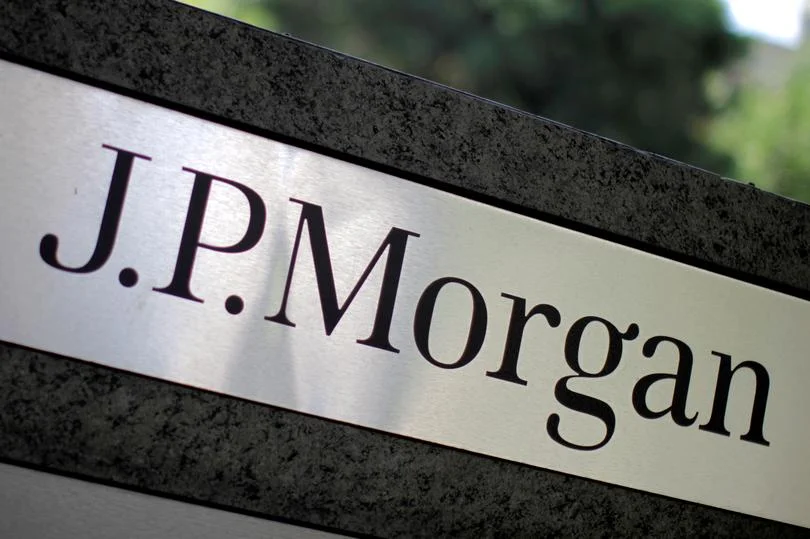According to a Bloomberg report, JP Morgan launched its blockchain-based collateralization platform, Tokenized Collateral Network (TCN), and completed its first transaction with BlackRock asset management.

Tokenized Collateral Network is a program that permits investors to use assets as collateral. Using blockchain technology, they can transfer ownership of collateral without altering the underlying ledgers.
In its first public collateralized transaction between JP Morgan and BlackRock, the TCN network converted shares of a money market fund into digital tokens, which were subsequently transferred to Barclays Plc as collateral for an over-the-counter derivatives exchange between the two firms.
JPMorgan conducted the first internal test of TCN in May 2022 and has a pipeline of clients and transactions now that TCN is operational. JP Morgan’s tokenization network aims to expedite and scale the process of settling traditional settlements on a blockchain. Utilizing decentralized technology made the process quicker, safer, and more effective.
According to Tyrone Lobban, chief of Onyx Digital Assets at JPMorgan, the new TCN platform unlocks locked-up capital and enables it to be used as collateral in ongoing transactions; the technology would increase efficiency on a massive scale.
The platform allows tokenized physical assets to be created, transmitted and settled. Unlike previous methods, the tokenization platform enables the virtually instantaneous transfer of collateral.
In place of costly unsecured credit lines, the blockchain platform enables clients to access intraday liquidity through a secured repo transaction using tokenized collateral. External clients who consent to the blockchain transaction have their node to settle the transaction and access other reports.
The American banking behemoth has come a long way since its early days of criticizing the decentralized world. It is currently testing and unveiling a variety of blockchain- and cryptocurrency-centered services in response to rising demand.
In June this year, the bank used a blockchain-based solution to settle transactions with Indian banks.
